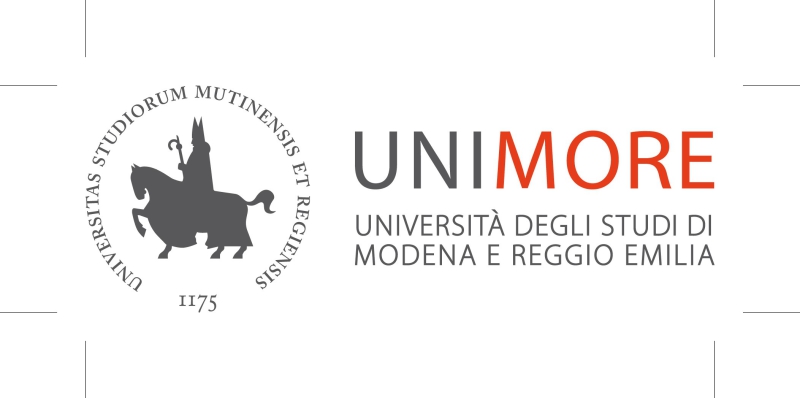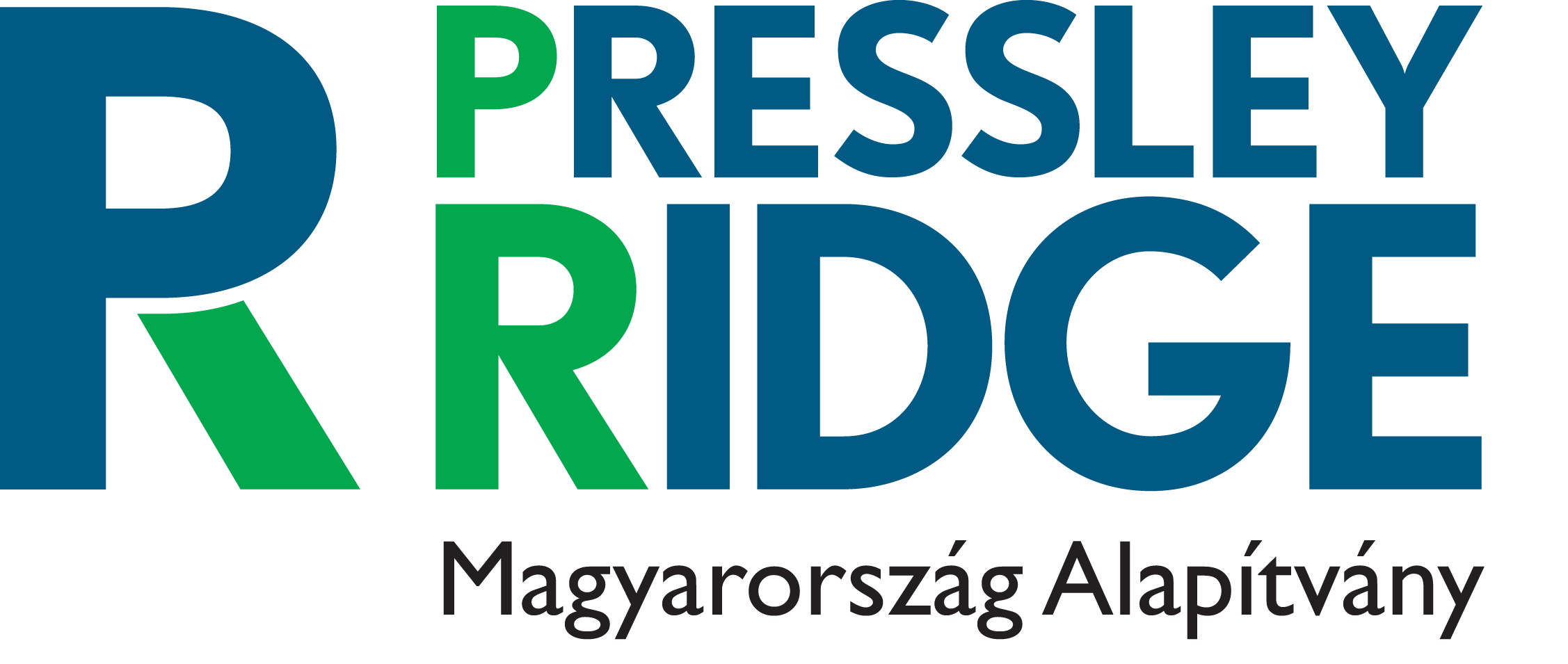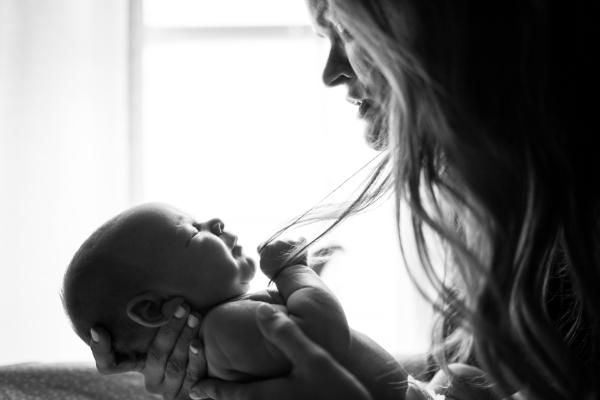Gaps and barriers that childcare professionals face when screening for violence and acting in a trauma-informed way
Childcare professionals as privileged observers
Children between 0 and 3 years of age spend most of their time with their family, whether it is with their parents, grandparents or with other meaningful caregivers. This is usually the safest environment for very young children. But what happens when violence happens within the family? Who supports these children?
In most European countries, infants attend day-care facilities on a daily or regular basis. If children attend day-care facilities, childcare professionals represent an important asset in screening for signs and symptoms of violence and supporting infants and their families in managing these traumatic events. It is a shared opinion that childcare professionals are privileged observers, as they can experience, interact, and observe children every day, accompanying them in their daily routines. They learn to recognize and know the children’s temperament and, therefore, accurately identify remarkable changes in their behaviour and developmental delays or emotional expressions that may indicate discomfort in the child.
However, currently there is a lack of knowledge and training with respect to the more formal recognition of possible domestic violence. This is why the ECLIPS project is focussed on childcare professionals. The project means to fill this gap by providing adequate training and screening and referral tools for the recognition of signs and symptoms as well as to have adequate education on trauma-informed care. In order to do so, during the first phase (January - May 2021) of ECLIPS, the researchers focused on gathering scientific and hands-on knowledge with respect to how childcare professionals relate to screening and referral and to trauma-informed care. The researchers collected and analysed the literature and experience-related knowledge and organized focus groups with childcare professionals and stakeholders in four European Countries (Belgium, Hungary, Italy and Latvia). We discovered many common strengths and opportunities that can be exploited, but also gaps and barriers that should be addressed in order to make childcare professionals more ready to act on their worries when facing possible cases of domestic violence. While we gathered information from four different European countries with diverse laws and cultures, important similarities were found which form the base to address this pressing issue on a European level.
Gaps and barriers encountered by childcare professionals related to the screening and referral of domestic violence in the day-care setting
According to both the literature search and the documentation of attitudes in the four participating countries, there is limited training on screening and referral, combined with a general lack of knowledge among childcare professionals about abuse and screening and referral procedures within the 0-3 age range.
With respect to screening, the use of a standardized tool is virtually absent and there is no consistent procedure. Childcare professionals mainly rely on their own experience and gut feeling.
On the other hand, while referral procedures are more acknowledged and widespread, they are often complicated and hard to follow for childcare professionals, also due to excessive bureaucracy and a lack of mandate. In general, childcare professionals are not sure they have enough competence or authority to take care of screening and referral.
This self-efficacy issue also goes hand in hand with the fear of referring due to the possible threat of withdrawal of the child from day-care that might disadvantage childcare professionals. There might be financial loss for the day-care facility. Breaking the trust relationship with the family might make the day-care facility appear like the bad guy. Above all, the child is possibly subtracted from a safe environment. In this sense, childcare professionals tend to feel inadequate and unconfident to discuss referral with the parents.
Other problems pointed out by childcare professionals with respect to screening and referral are of structural nature. They refer to limited available time and very limited economic resources. Moreover, in some countries there is a cultural tolerance for violence, so that spanking a child may be considered not so serious. Due to this tolerance barrier, referral only happens when the situation is already very serious and potentially harmful.
Finally, childcare professionals also experience that collaboration with referral organisations is often very complex and defined guidelines are missing. In general, there is a lack of communication between services, or even a prejudice against services to which they can refer to. For this reason, childcare professionals express the need for multidisciplinary workgroups in order to learn more about each other’s profession and tackle prejudice together.
Other needs expressed by childcare professionals regard more effective training on both a theoretical and practical level, including supervision and peer evaluation, the need for clear age-specific guidelines, procedures for screening and referral, and the need for societal support and acknowledgement of the childcare professionals’ job.
Gaps and barriers that childcare professionals encounter in trauma-informed care
In addition to screening and referral, childcare professionals also have an important task to stimulate the development of the child. Even more so in cases of domestic violence trauma, as children lack a safe and trusting home in those cases. Childcare professionals are very suitable candidates for the job as they are reliable and recurring contacts outside the family context who can provide the trauma-informed care. Trauma-informed care can be defined as an approach based on knowledge regarding the impact of trauma and is aimed at ensuring environments and services that are facilitating for the traumatized person - in this case, the infant.
With respect to this topic, the main gap that emerged both from the literature and the discussion with childcare professionals pertains to the very concept of children's rights and trauma, which is still new and often unpopular. A homogeneous definition for trauma-informed care among childcare professionals is missing. As a consequence, there is a lack of theoretical and practical knowledge regarding trauma-informed care, an absence of definitions or protocols on trauma-informed care with respect to the 0-3 age group, and a lack of specific protocols, guidelines and instruments for this age group.
Moreover, childcare professionals share difficulties in identifying violence within the 0-3 age range, mainly because very young children do not speak and therefore, are “harder to read” than older children. This obstacle in understanding signals of violence in the 0-3 age range can lead to a tendency to normalize their behaviours.
Finally, a key barrier for childcare professionals is lack of training regarding trauma-informed care. This barrier is caused by a lack of available programs and a lack of time and resources for training and implementation.
The take-home message
To conclude, even if childcare professionals represent key figures in children’s care and could potentially be important assets in screening for violence and facilitate children’s development, they are still under-trained and feel like they do not have enough competence to manage this important task. This is precisely why a project like ECLIPS represents a turning point in improving both training and tools for childcare professionals. ECLIPS encourages awareness and self-efficacy with the aim of creating increasingly safe and trauma-informed environments for infants and their families.
ECLIPS is a European project that wants to use modern technologies to stimulate awareness and skills in childcare professionals concerning the detection, referral and care of trauma symptoms after exposure to domestic violence. Children often remain invisible on their path to recovery from domestic violence trauma. The ECLIPS project is therefore an important milestone in tackling domestic violence among its youngest victims. Find us at www.eclipsproject.eu
ECLIPS has received funding from the Rights, Equality and Citizenship (REC) Programme of the European Union, under grant agreement No 101005642. This communication reflects only the author’s view. It does not represent the view of the European Commission and the European Commission is not responsible for any use that may be made of the information it contains.


![]()

- Щоб додати коментар, увійдіть або зареєструйтесь
- 78 переглядів






